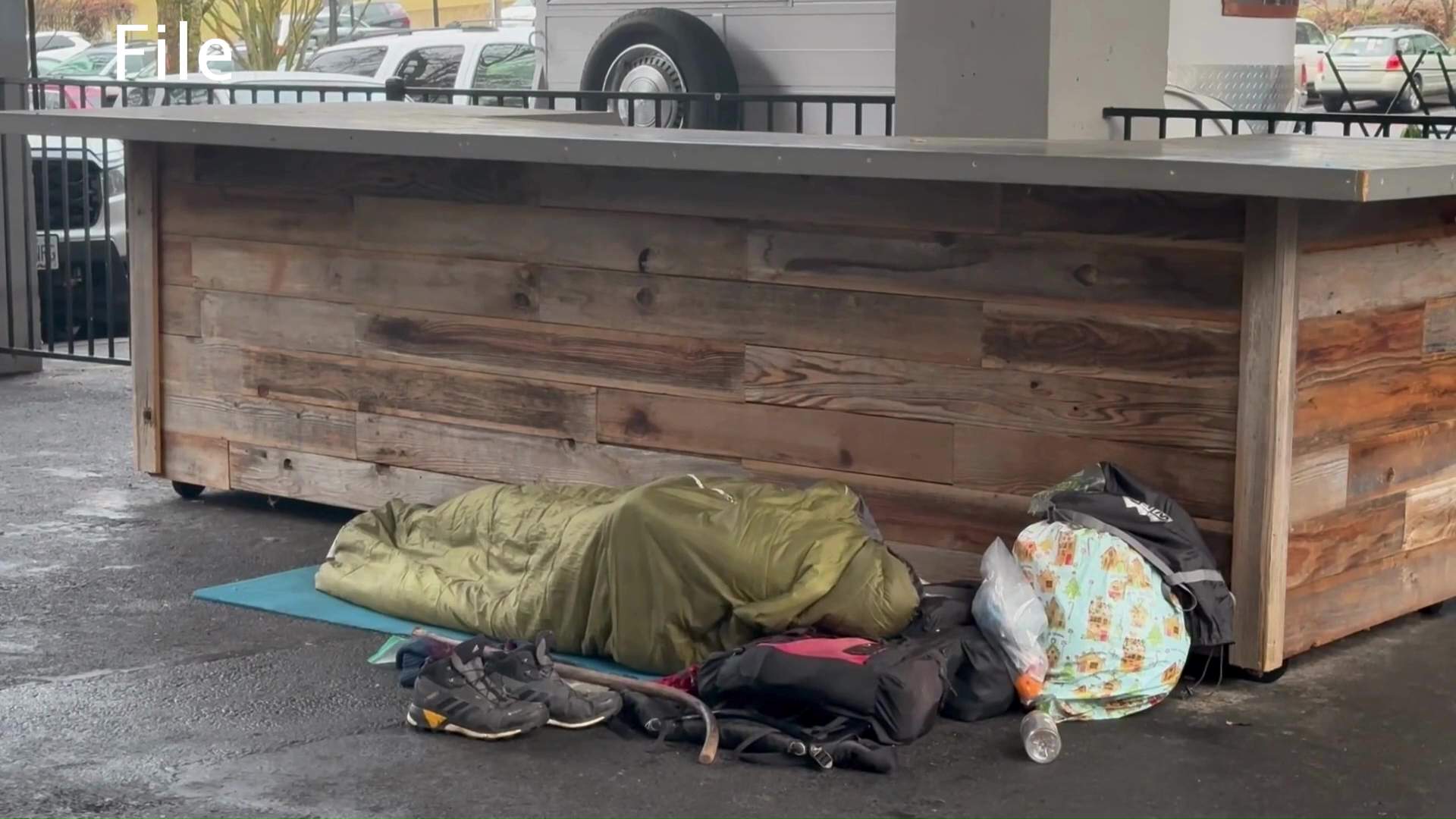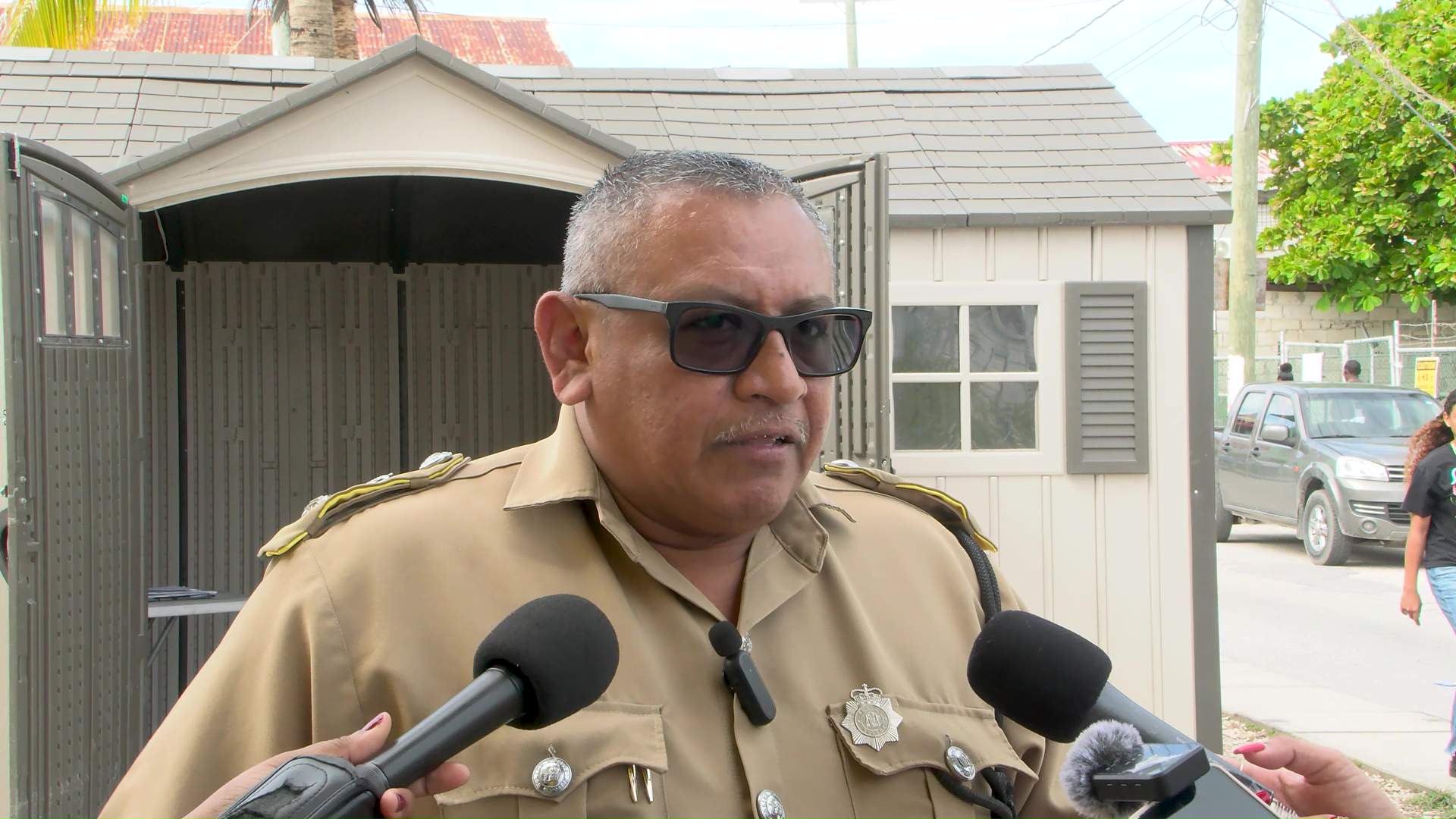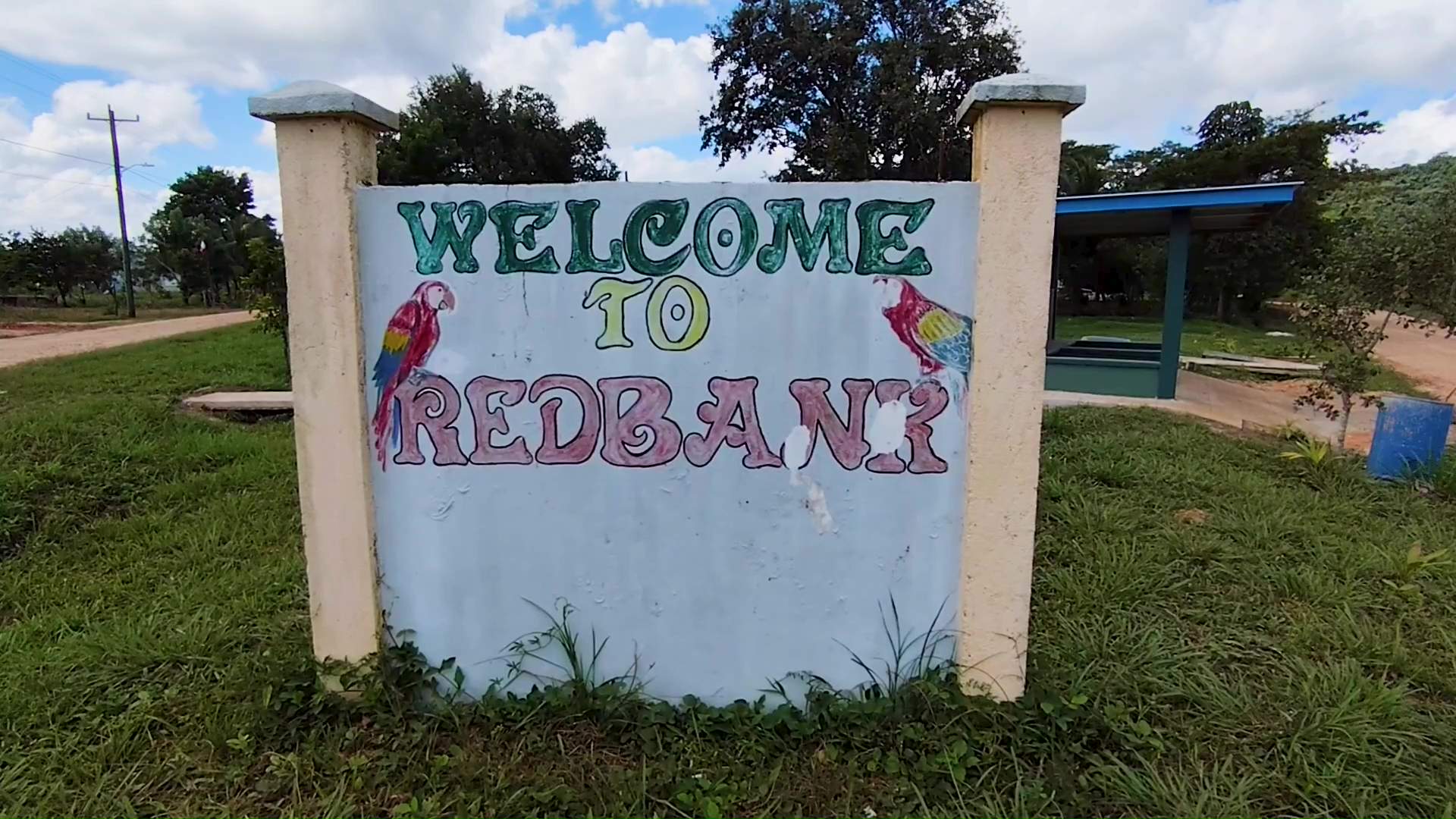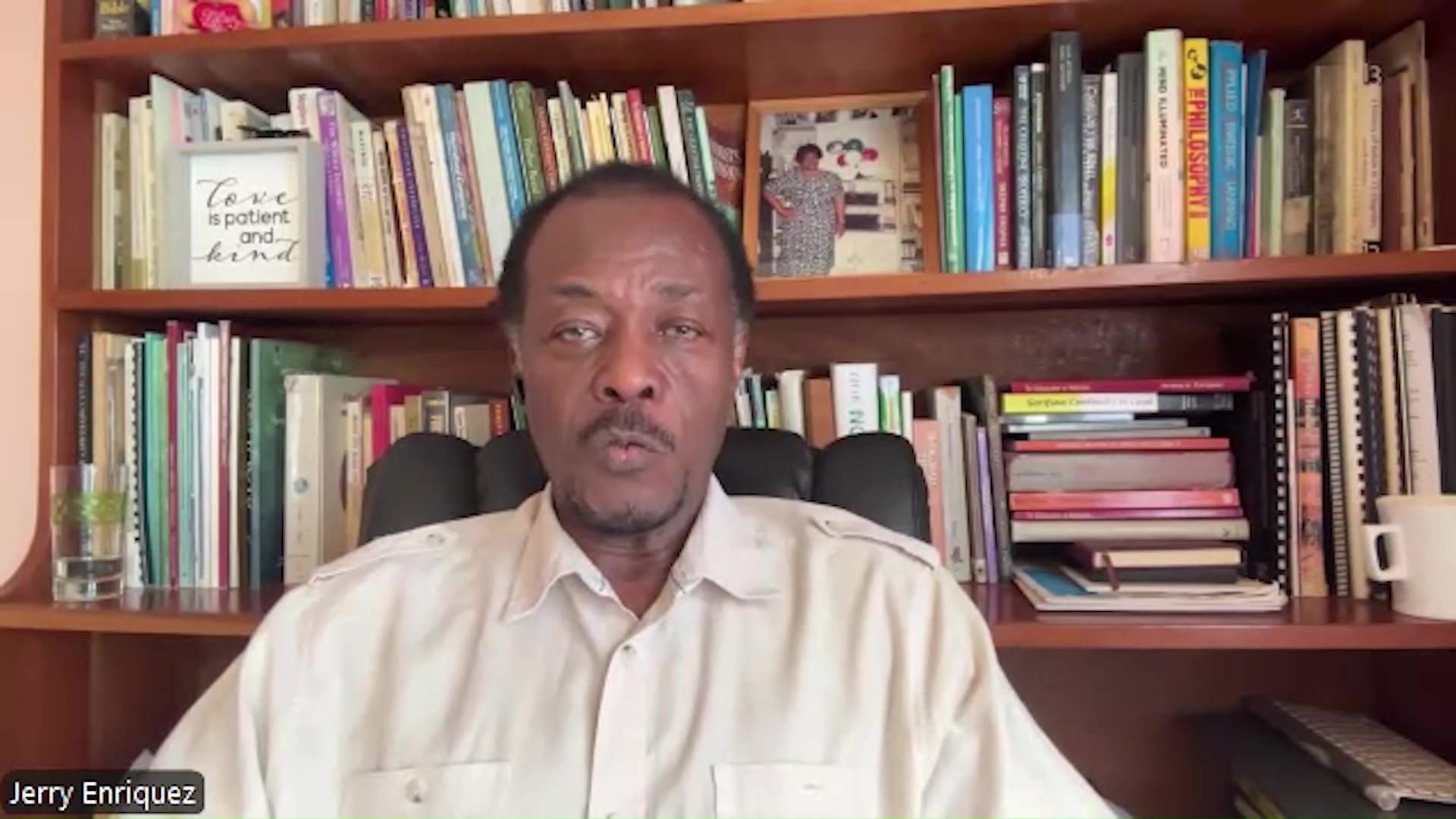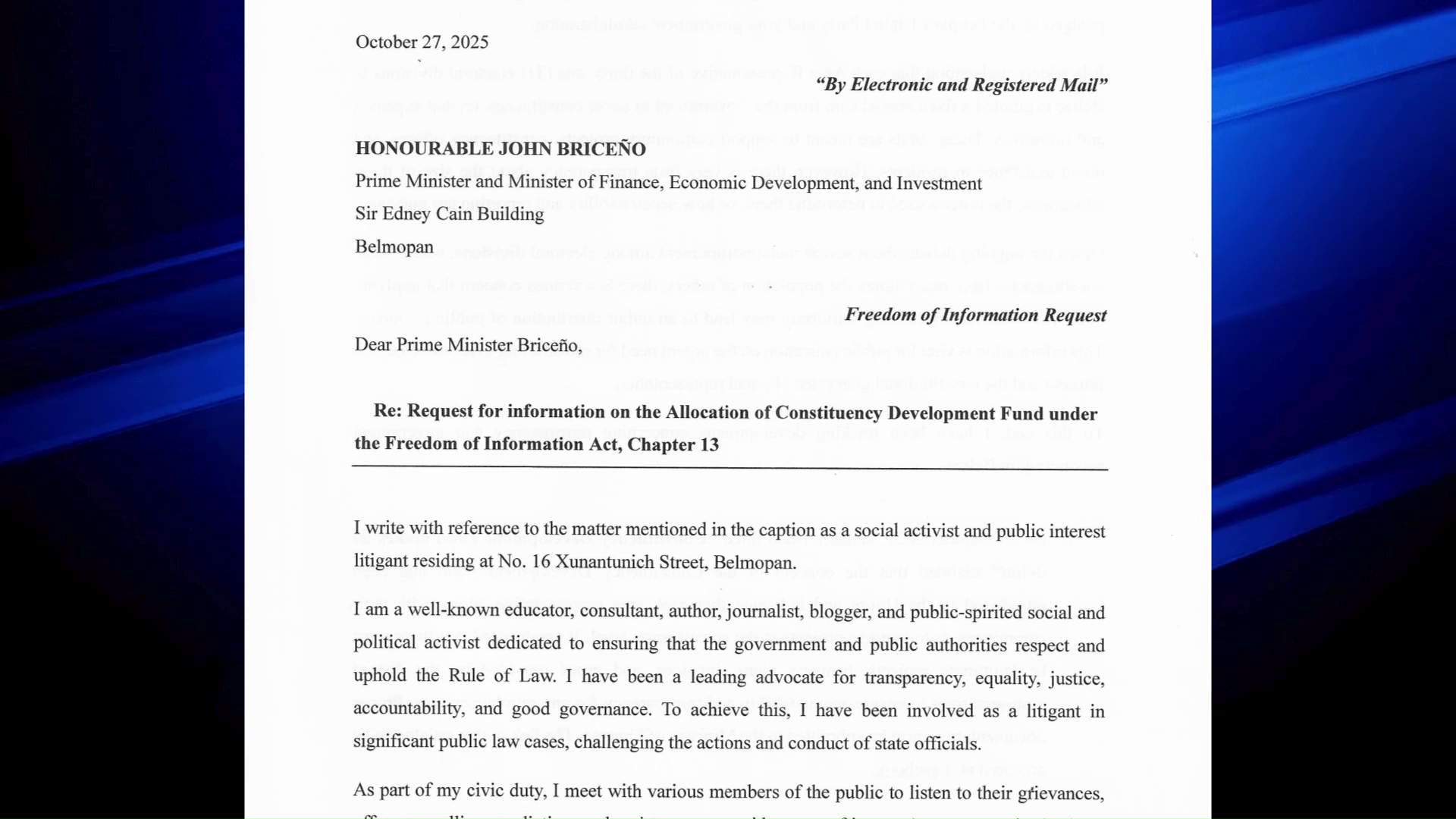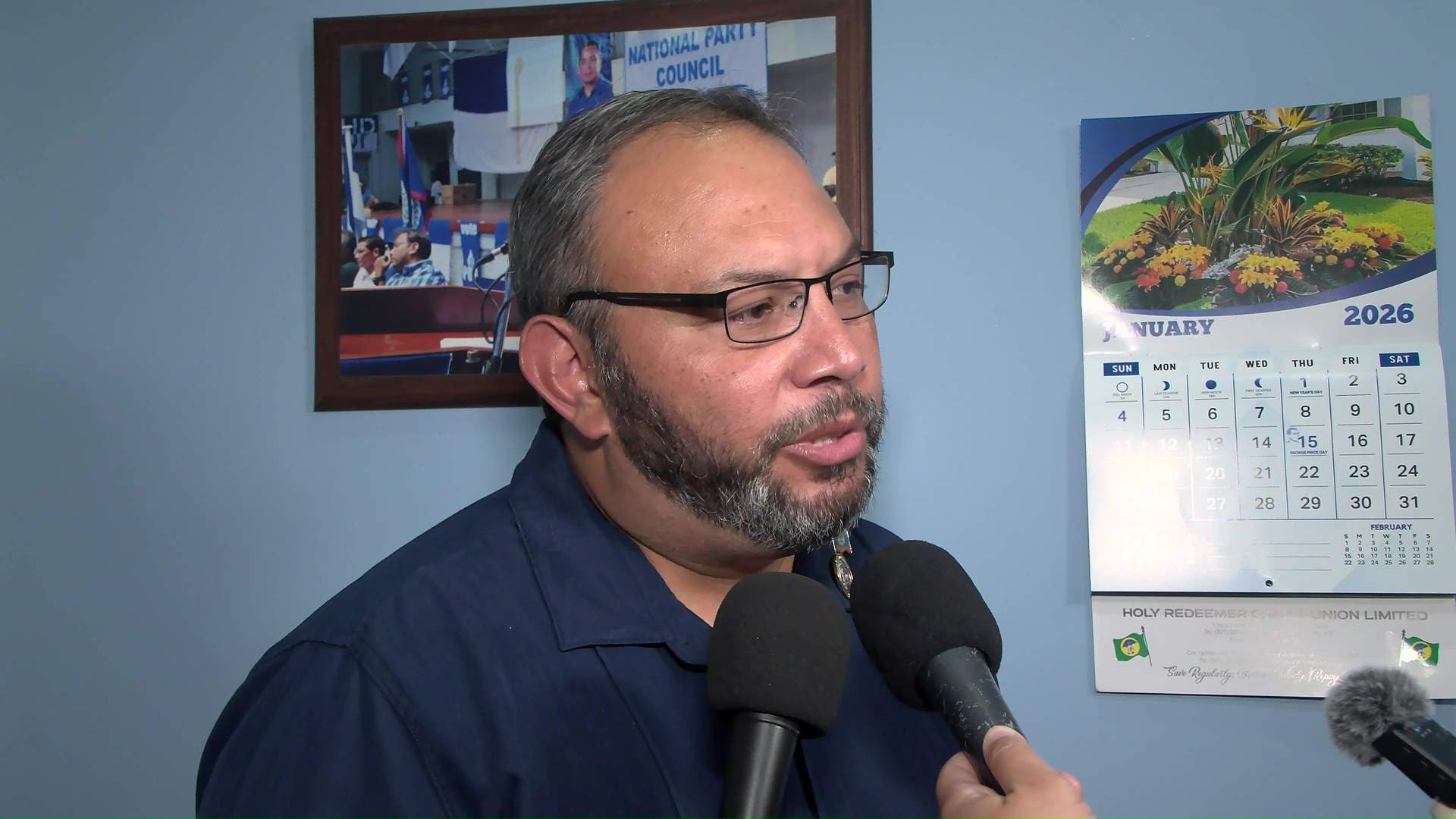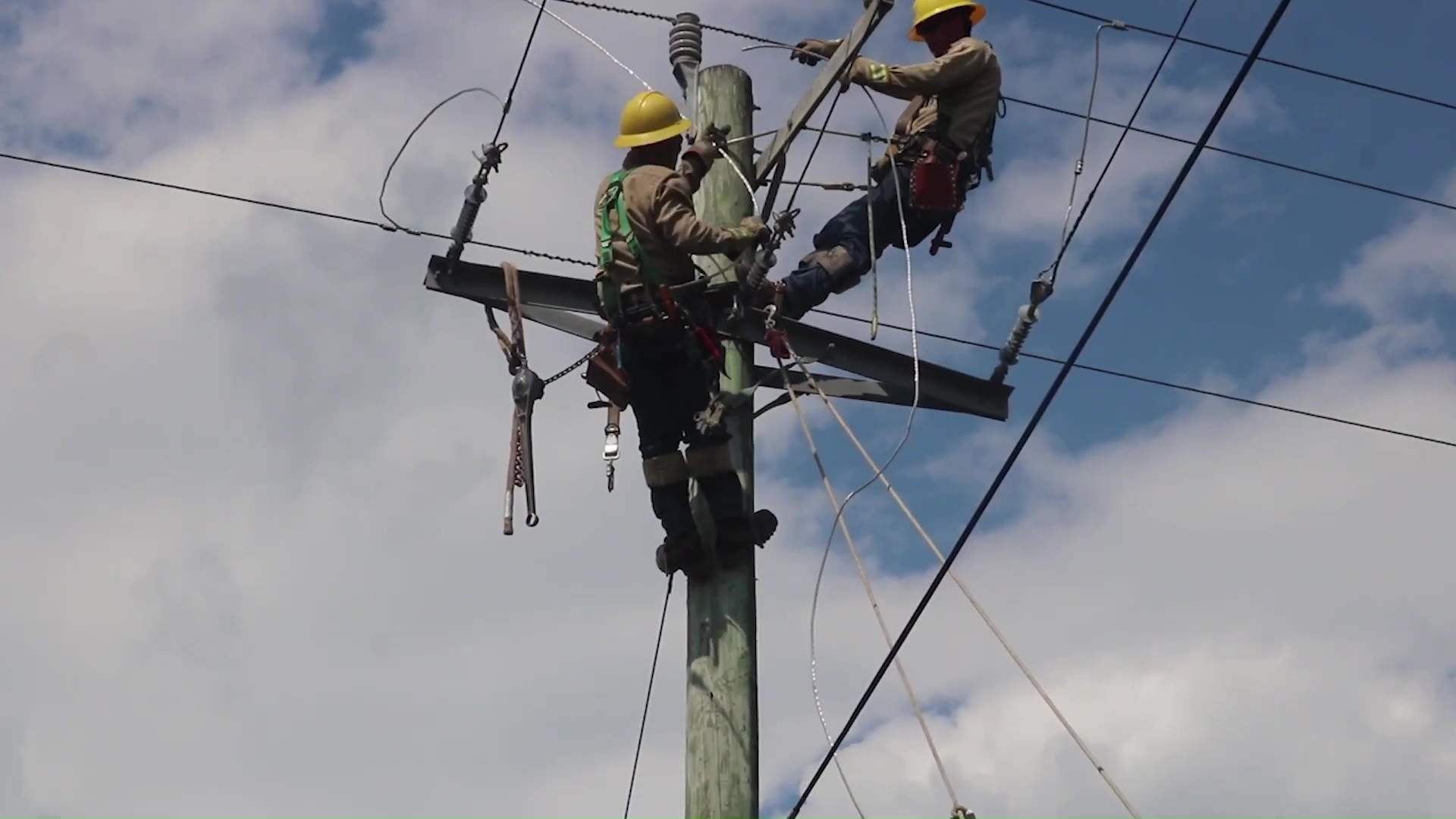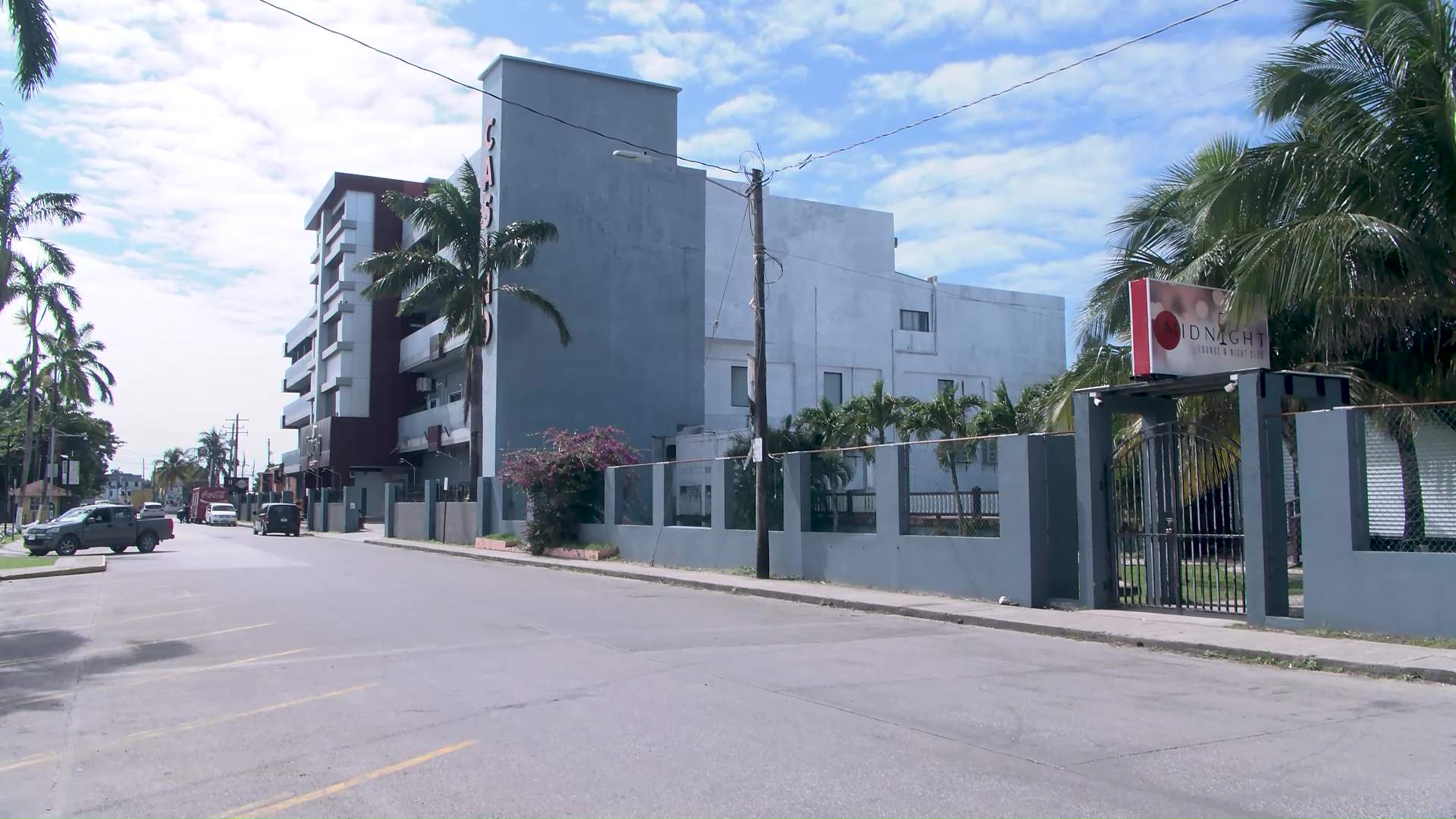The Belizean government has unveiled a comprehensive national strategy to address the growing homelessness crisis affecting urban centers across the nation. Prime Minister John Briceño announced a significant investment exceeding $800,000 to establish new shelter facilities and enhance support services in four key districts: Belize City, Orange Walk, Cayo, and Stann Creek.
This initiative emerges in response to the visible increase of unhoused individuals residing on sidewalks, public parks, and abandoned structures—a population often overlooked by society. The Prime Minister characterized the situation as both “a serious problem” and “a sad one,” emphasizing the government’s moral obligation to protect its most vulnerable citizens.
A detailed proposal presented by Human Development officials received cabinet approval, outlining a regional approach to homelessness intervention. The plan specifically targets complex cases involving mental health challenges and addiction, recognizing that many individuals have exhausted family support systems despite repeated attempts at assistance.
Funding mechanisms for this social program may derive from unexpectedly robust Boledo lottery revenues. Prime Minister Briceño revealed dramatic financial improvements under his administration’s management, with projections indicating $25 million in profits—a tenfold increase compared to the previous UDP government’s $2.5 million collections. The administration is considering allocating portions of these gaming proceeds to sustainably finance homelessness initiatives, creating a dedicated revenue stream for social welfare programs.
This policy represents a significant shift in how Belize addresses social inequality, combining immediate shelter solutions with long-term funding strategies to tackle underlying causes of homelessness.
